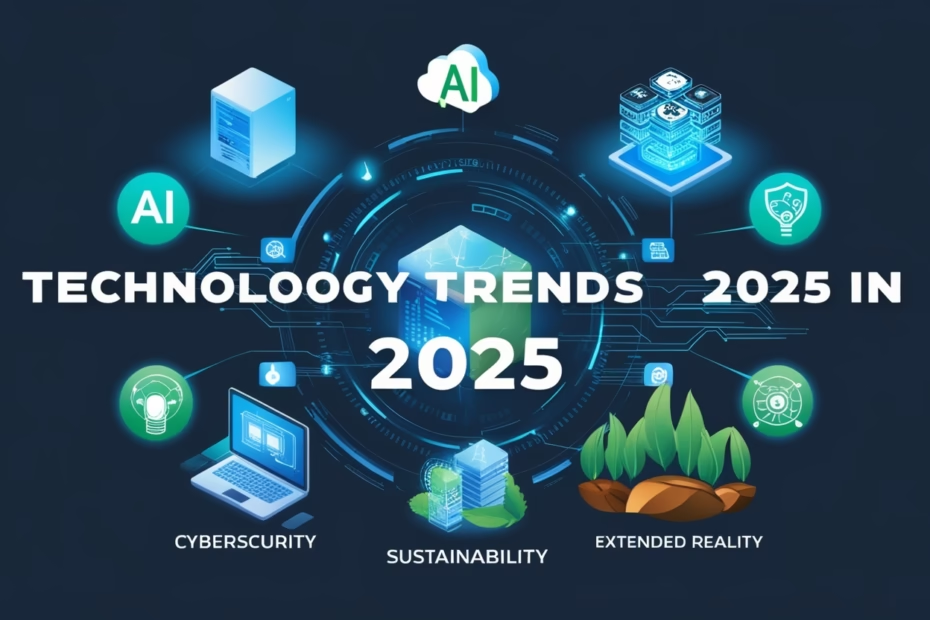The year 2025 is set to bring transformative growth in data and technology, with artificial intelligence (AI) leading the way. Experts at PBT Group share insights on trends that will impact businesses in the coming year.
According to Andreas Bartsch, Head of Innovation and Services at PBT Group, “The most accurate answer for what lies ahead in the world of data in 2025 would be access to more quality data and an ongoing emphasis on AI.”
Bartsch points out that while trends from 2024, like data literacy, governance, and AI adoption, remain relevant, 2025 introduces new nuances.
Data Literacy: A Critical Advantage
Bartsch stresses the need for a data-literate workforce to stay competitive. “Data literacy is critical for organisations to unlock the real value of their data, make more informed decisions quickly, and foster collaboration between technical and non-technical teams,” he says.
Jeanne-Louise Viljoen, a Data Engineer at PBT Group, agrees. “Improving data quality and implementing robust observability strategies will be vital in 2025,” she says. “Data literacy will ensure data products align with business standards and foster continuous improvement.”
Also Read: Arabsat and ZainTECH Join Forces to Revolutionize Digital Transformation in MENA
Ethical AI and Automation
As AI grows, ethical practices become essential. “Organisations are grappling with governance challenges, from compliance and transparency to sustainability and bias mitigation,” Bartsch explains. “Responsible AI development will be central to gaining trust and ensuring long-term viability.”
AI-powered tools will play a key role. Nathi Dube, Director of PBT Innovation, notes, “AI-powered tools will help improve regulatory compliance and data quality while providing actionable insights that enhance customer service and unlock new revenue streams.”
Bartsch also highlights AI-driven automation as a game-changer. “The ability to automate tasks using AI will significantly enhance efficiency and decision-making,” he says.
Real-Time Data and Generative AI
Advancements in IoT, 5G, cloud computing, and edge technologies are making real-time data capabilities a reality. “Real-time analytics will enable immediate insights and operational efficiencies,” says Bartsch. He adds that advanced visualisation tools will support informed decisions.
Viljoen highlights the role of AI guardrails in maintaining data quality. “Guardrails will address key challenges like compliance, transparency, and human oversight, ensuring AI models deliver trustworthy outcomes,” she says.
Generative AI is another area of growth. Bartsch advises, “These technologies should serve as assistants, not replacements. By educating employees to be AI-literate, organisations can harness the benefits of generative AI without compromising quality.”
Dube adds, “AI-driven code generation and report authoring will streamline workflows and free up resources for more strategic tasks.”

